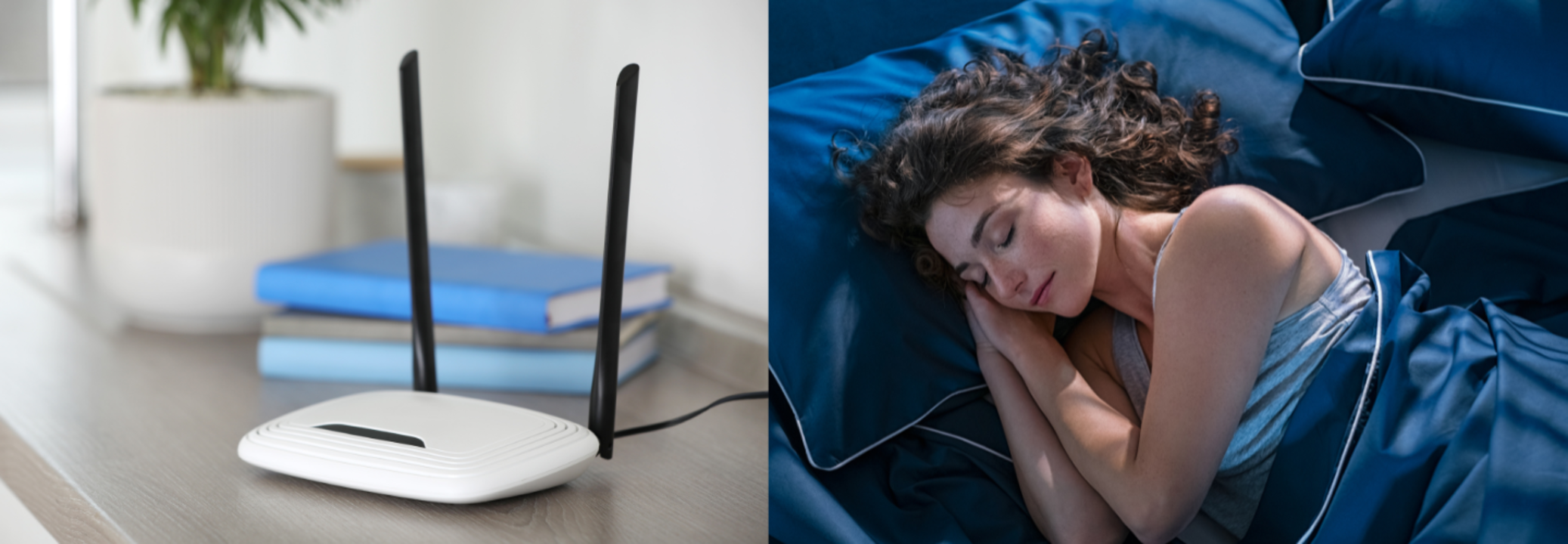Should You Turn Off Your Wifi Router Before Sleep?

Credits: Canva
SummaryWi-Fi routers emit non-ionising radiation — a low-level form of electromagnetic radiation, but does it really bother when you sleep? Let us find out.
End of Article

Credits: Canva